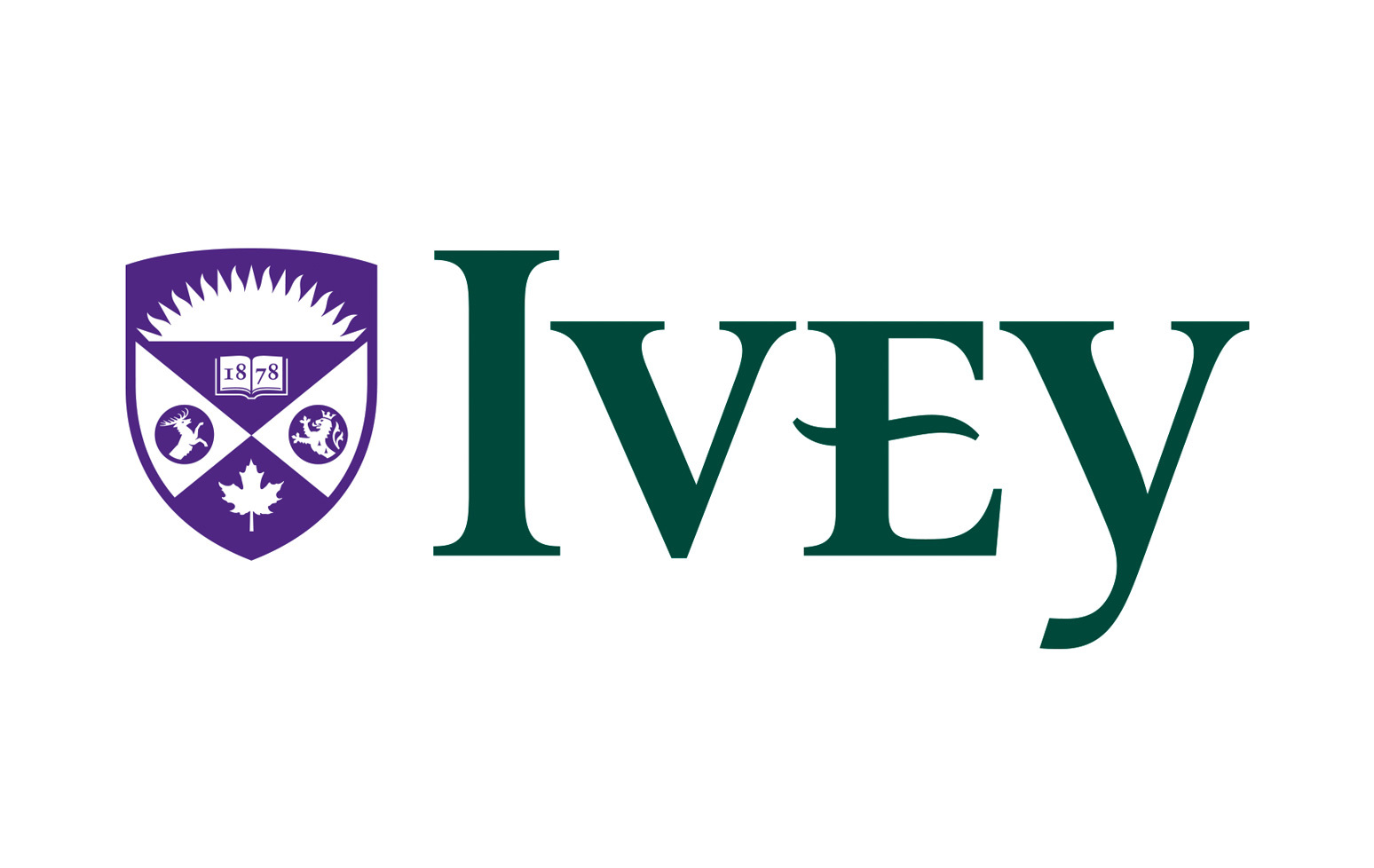During the summer of 2017 I was lucky to be selected for The Africa Service Learning program at Ivey. A group of my peers and I travelled to Eldoret, Kenya to teach the case method at MOI university. Our mission was to teach a business course to MOI students using the case method. We wanted to achieve two goals. First, to build the Universities capabilities in case-based teaching methods. Second, to support MOI students in developing their management skills by putting them in the role of decision maker by using challenging cases set in the Kenyan business context. As part of our objective to develop MOI's capabilities, we were required to venture out into the community to create a case study that the University could use to teach their students using materials that were relevant to the business environment the students operate in.
Soon after our arrival, we connected with Dr. Lagat, A professor at MOI who introduced us to a local farming cooperative in his hometown. The cooperative was facing a real business problem. They wanted to increase their rate of savings so they could afford tuition costs for the cooperative's children. However, as a small group of mostly subsistence farmers, this was a difficult task. We quickly realized that the opportunity here was far beyond writing a case. During our month long trip we helped the cooperative develop a comprehensive financial plan which looked at many aspects of the cooperatives operations, from creating savings strategies, to identifying reinvestment opportunities in their farms. This plan allowed the farmers to slowly but surely improve their standard of living, and set aside funds so that some of the children could attend school. At the end of our trip, we had written a case to help MOI and it's students learn from the cooperatives business situation, and left the cooperative with an actionable plan to improve their farms and help their children attend school.
After returning to Canada, I kept in contact with Dr. Lagat as a way to keep up on the cooperatives progress. While I was proud of the work we accomplished, I was concerned that the cooperatives limited resources meant that even if everything went according to plan, it would take many years for them siphon off enough funds from their sustenance farming operation to make meaningful progress toward their financial and educational goals. Being impatient, I began searching for ways I could continue to work with the cooperative while I was back in Canada. My discussions with Dr. Lagat led us both to the same conclusion; The cooperative had the skills to operate a larger and more sophisticated farming operation, but they lacked the resources required to make it a reality. What the cooperative really needed was access to capital to accelerate their development.
With the cooperative in mind, I began looking at strategies for utilizing the different resources I could pool together in Canada. I ended up founding a private foundation with my family which, as of writing this post, has provided the cooperative with access to over $45,000 in capital. This has been enough for the cooperative to purchase 16 high quality dairy cows and the associated feed, medicine and other care items. The foundation has also helped to update the financial plan so that the cooperative can reach their goals in a condensed time frame and explore more sophisticated reinvestment opportunities such as biogas units. Biogas units, as suggested by the cooperative, would help to unlock synergies with the dairy cattle, producing biofuel (for cooking and power application) and fertilizer (for improved crop yields), in addition to the leap in milk production the cows provide.
Our overall goal is for this to help accelerate the growth of the cooperative so that they can get the most out of their land and labor. Ultimately, we want to help them reach their goal of providing higher levels of education to all of the cooperative's children so that they can move beyond sustenance farming. We feel that these initiatives are just the beginning and are looking forward to a close and fruitful partnership with the cooperative for many years to come. We are excited to see what other opportunities present themselves and where this path takes the Cooperative and the foundation.
It is clear that this amazing opportunity for myself and for the cooperative would not have existed if it were not for the Africa Service Learning program. There really is no substitute for Africa Service Learning's boots on the ground approach. It is both rare and remarkable that a program like this is so highly beneficial for every party involved. The Ivey students are exposed to a transformative experience, the African universities increase their case-method teaching capabilities, and the African students learn to sharpen their managerial skills within a context that is their own. If you are lucky, a local African farming cooperative can benefit too. Africa Service Learning remains an incredible ongoing experience for me, and I would highly recommend becoming involved for any students looking to take part, or anyone else considering supporting this wonderful program.
